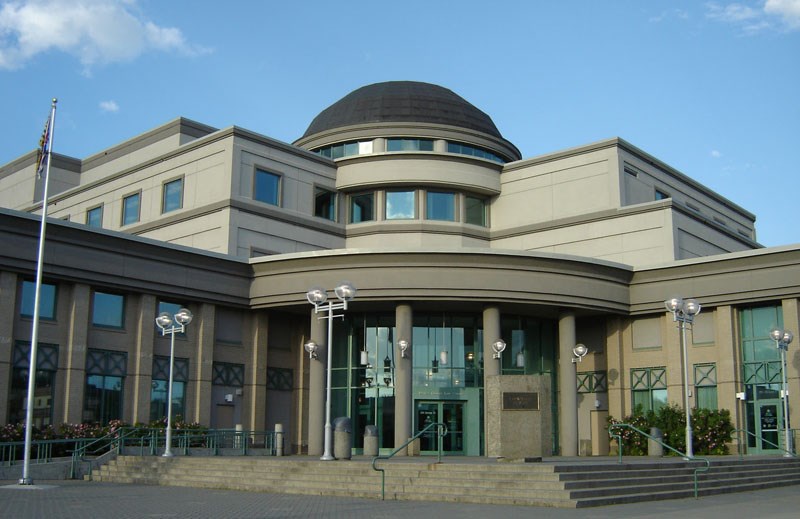A B.C. Supreme Court Justice has upheld a decision ordering a Quesnel man to pay Canada Revenue Agency $200,000 for his role in an "RRSP stripping scheme" that saw investors attempt to use his company to withdraw contributions without paying any tax on them.
In March 2013, B.C. Supreme Court master Douglas Baker granted Gregory William Rivers, 62, a discharge from bankruptcy, suspended for two years, provided he pay the penalty. But Rivers appealed the decision arguing the condition is punitive and impossible to meet and asked that his bankruptcy be suspended for a longer period or it be granted on less onerous conditions.
In a decision issued this week, B.C. Supreme Court Justice Robert Sewell agreed with Baker that Rivers is capable of paying the $200,000.
Sewell noted there was evidence before Baker that Rivers earned $78,000 in 2006 and $86,000 in 2007, but he reported only nominal income from 2008 to 2010, after a Canada Revenue Agency assessment, and then earned more than $75,000 in 2011, after he obtained bankruptcy protection, and in 2012 he earned $6,000 for one month's work as a safety inspector.
Baker concluded that Rivers "was capable of earning $75,000 per year, if he was sufficiently motivated," Sewell said, and added that he viewed this as a finding that Rivers "was intentionally underemployed from 2008 to 2010, and that his past earnings while previously employed demonstrated that he could earn $75,000 per year."
The tax debts that led to Rivers' bankruptcy arose from his company's participation in an RRSP stripping scheme designed to allow those holding self-administered RRSPs to withdraw funds from their plans without paying tax on the amounts withdrawn.
In the first step in the scheme, the plan holder advances funds to a third party, known as a facilitator, who then purports to lend back a large percentage of the funds to the holder while retaining a percentage as a fee.
"However, the facilitator never demands repayment of the loan," Sewell said. "This permits the holder to utilize the funds without paying tax on them or being required to repay them to the facilitator."
Rivers' company acted as a facilitator and received and advanced almost $3 million of RRSP funds in 2003. In 2006, CRA assessed income to Rivers for the full amount of the advances after concluding they were not genuine loans but were benefits granted by Rivers' company to the recipients of the funds, and therefore deemed to be income received by Rivers.
By the time he filed for bankruptcy in November 2011, Rivers ran up $2.1 million in tax liability for principal, interest and penalties. With the exception of CRA, Baker found Rivers seemed to have paid all the other suppliers and creditors.
Baker accepted the CRA's submission that his debt be discharged on payment of $200,000 into his estate within two years. Case law suggested Rivers should pay between $880,000 and $1.32 million but that was "clearly an impossibility and well beyond what the CRA is requesting in any event," Baker said.



